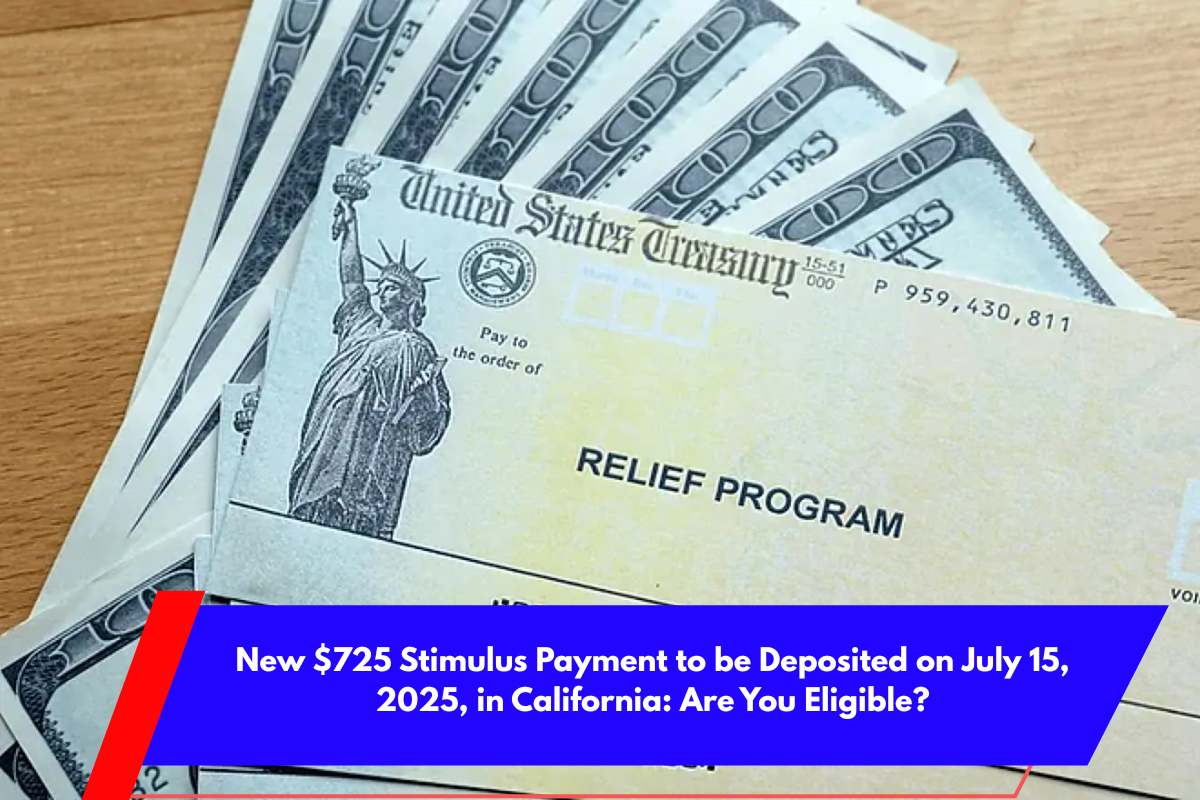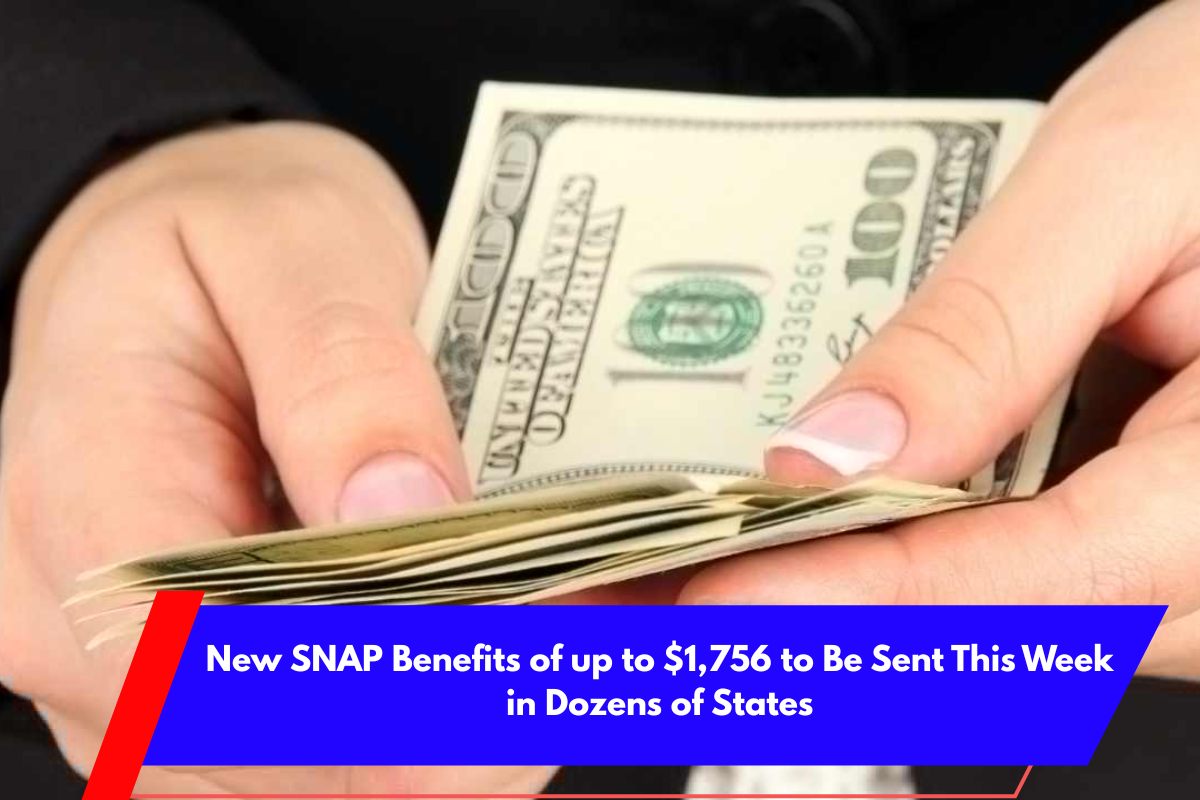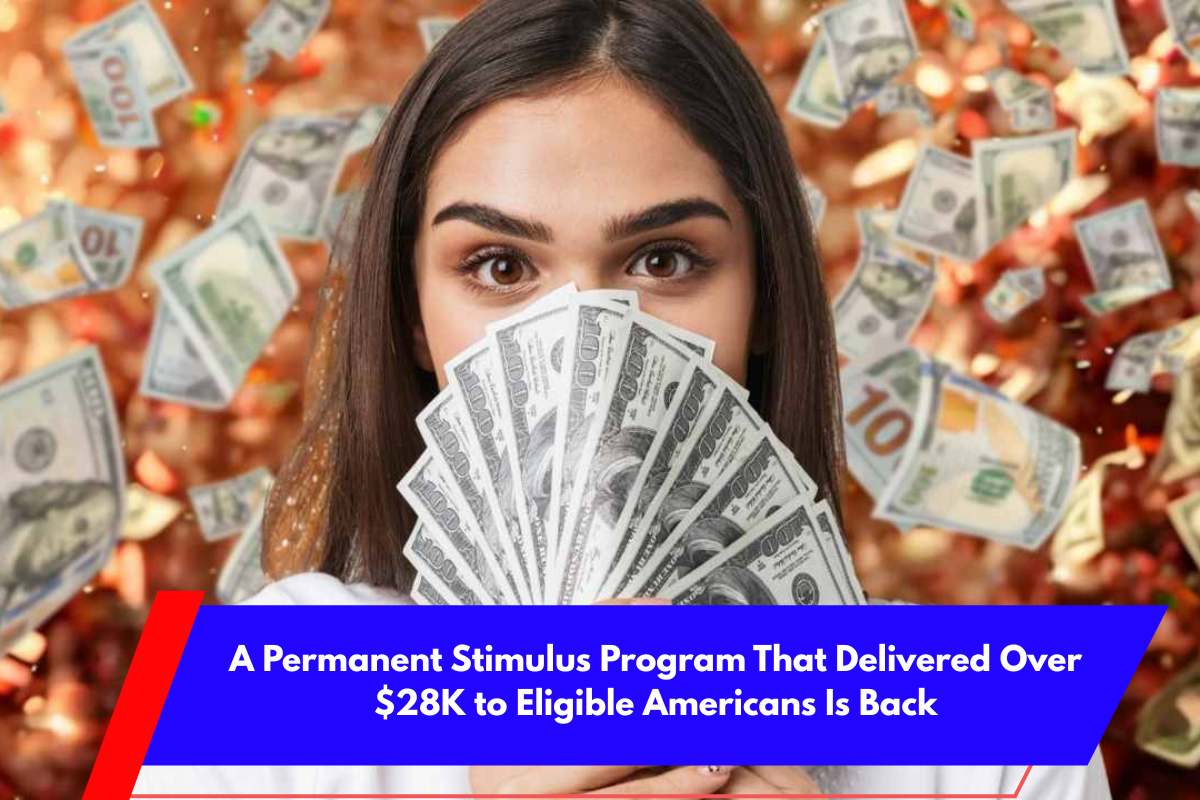The clock is ticking for those looking to purchase an electric vehicle (EV) in the U.S. and take advantage of a federal tax credit of up to $7,500 for new cars and up to $4,000 for used cars.
The current tax incentives, part of the “Big Beautiful Act,” will expire on September 30, 2025. After that, these discounts will vanish unless Congress steps in to extend or reinstate them. This makes the coming months a critical time for anyone interested in purchasing an EV.
Why You Need to Act Now
Once the deadline passes, the $7,500 and $4,000 tax breaks will be gone, which could be a huge financial loss for many. For those looking at the secondhand market, losing out on the $4,000 credit could mean the difference between an affordable purchase and a more expensive one.
Tax experts recommend consulting a professional to confirm eligibility and make sure the specific EV model qualifies for the credit.
Eligibility for the Tax Credit
While the tax credit is enticing, it’s important to note that electric vehicles are generally more expensive than their gasoline counterparts. New EVs typically cost around $9,000 more, and used ones cost about $2,000 more. The tax incentives have helped make EVs more affordable by bridging that price gap, but once they expire, buyers will face the full cost of the vehicle upfront.
However, it’s crucial to remember that owning an EV can save money in the long run. Studies show that over 15 years, EV owners can save an average of $7,700 in fuel costs compared to gasoline vehicles.
In states with low electricity costs, such as Washington, those savings could exceed $14,000. Plus, the lack of oil changes, exhaust issues, and fuel system repairs means fewer maintenance costs.
How to Secure Your Tax Credit Before the Deadline
To qualify for the full $7,500 tax credit, your vehicle must meet three key conditions:
Be assembled in North America.
Have a battery capacity of at least 7 kWh.
Comply with strict sourcing rules for critical materials and minerals.
If your vehicle meets only one of the battery/material requirements, you can still get $3,750. If both are met, you can claim the full $7,500.
There are also income limits to be aware of (e.g., couples filing jointly must make less than $300,000). To claim the credit, you can either receive an instant discount at the dealership or claim it when filing taxes using IRS Form 8936.
What’s Next for EV Buyers?
With the tax incentives set to expire, car manufacturers and dealers are preparing for the end of the federal support. Expect aggressive discounts, rebates, and value-added promotions, such as deeply discounted home chargers, to maintain the appeal of EVs after the incentives are gone.
The message is clear: If you’re considering buying an EV, now is the time to act before the tax credit disappears, and you miss out on this valuable opportunity.













